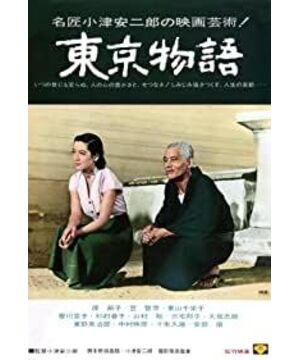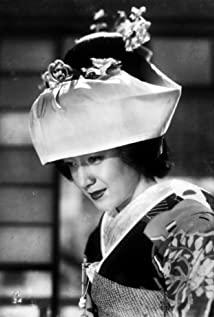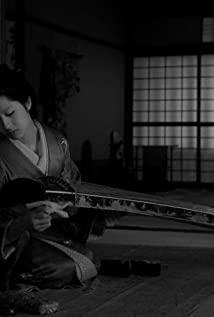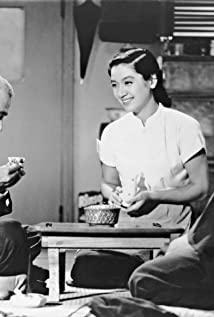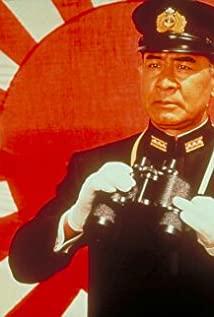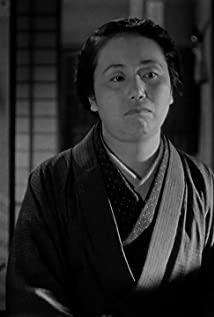Thinking of "Joy and Mourning" I watched a year ago, Ozu was more than 60 years earlier than it, and he thought more deeply. The two elderly people's trip to Tokyo ended in constant thanks and apologies. In the eyes of their children, they were friends from the countryside, maybe not as good as friends. In the meantime, the happiest thing for the old man is not staying upstairs all day, not sleeping all night at the hot spring hotel by the lively poker game and music, not going to the peaceful hot sea for a walk, not being homeless. The night when the old friend was very drunk, it was the bowl of sake that was served by his daughter-in-law Noriko, and he stayed overnight. And she has long since lost her husband. It is true that Ozu showed the selfishness of several children with details without reservation, and also used Hara Setsuko to create a kind and sincere image of a good person. As a comparison, it is also hope. But we still can't expect all the old people, or when they get old, to meet children and strangers like Noriko. On top of this, Ozu went deeper, thinking about the proposition of family relationship and loneliness in the general sense. Why do children become such selfish people? Long Yingtai wrote in "Watching Off": "I slowly and slowly understand that the so-called father-daughter mother-child relationship only means that the fate between you and him is In this life and this life, I have been watching his back go away." In "Tokyo Story", the so-called father-daughter-mother-son is just farther and farther away from his parents, and then he has his own life and is busy with his own affairs. . The visit of the parents will become troublesome and painful. The death of the parents is a ceremony of spending money to buy a ticket and taking time to go to the funeral. For this selfishness, Ozu does not accuse, but understands, "We can't treat our children. demand too much". It should also be understood that children are selfish. Everyone will gradually become like this. Although they are disappointed, there is nothing they can do. Noriko said that she had already accepted such disappointment, so she "did everything I could." Here comes the phrase of existentialism and Pindar. Another proposition, loneliness. Noriko is undoubtedly lonely. She admits that it is selfish that she cannot bear loneliness, but she is forgiven because of her sincerity. The old man is lonely. After his children leave and his partner dies, he sits alone all day, shaking the bamboo fan in his hand, watching the boats float on the water and the sun rises. Neighbors passing by asked him, would it be lonely? He said, yeah, lonely. But what can I do? I think of my grandmother, of her children, and of myself, will I be unable to control it one day, just like her children.
View more about Tokyo Story reviews


